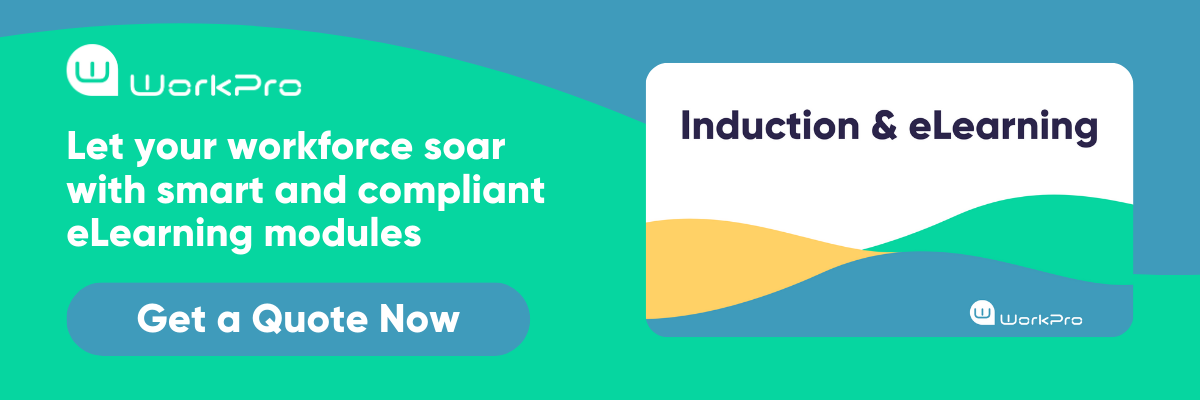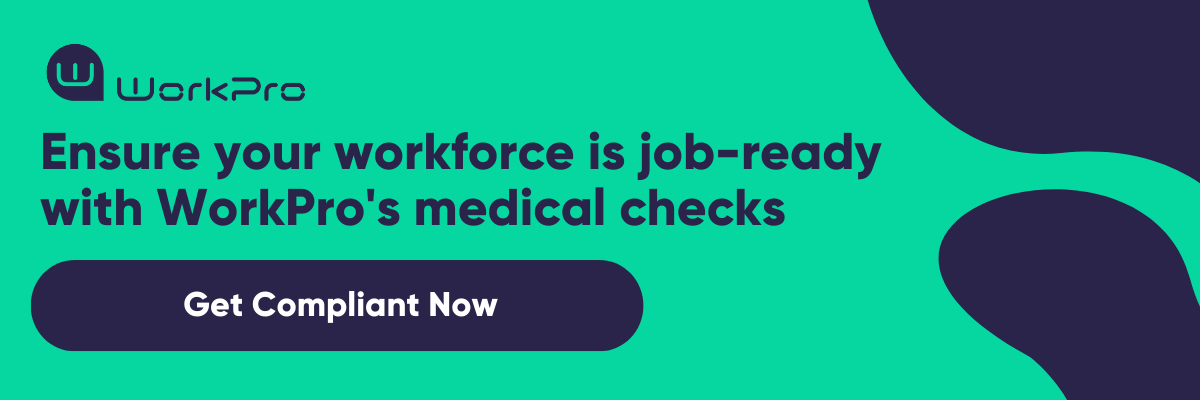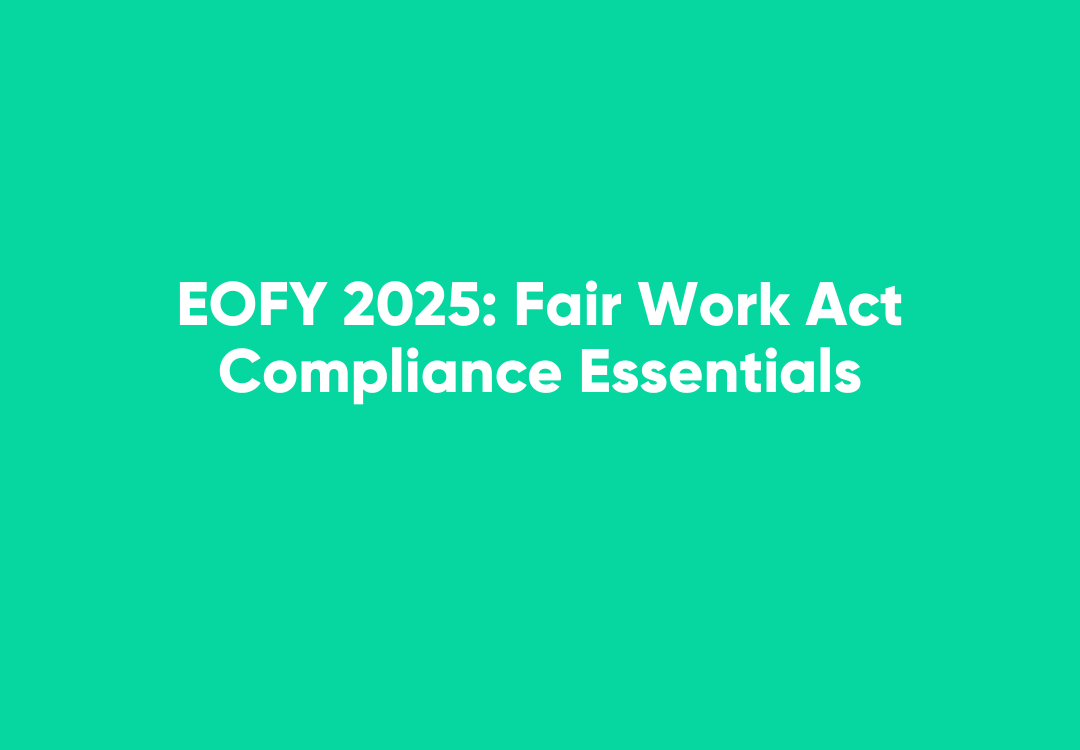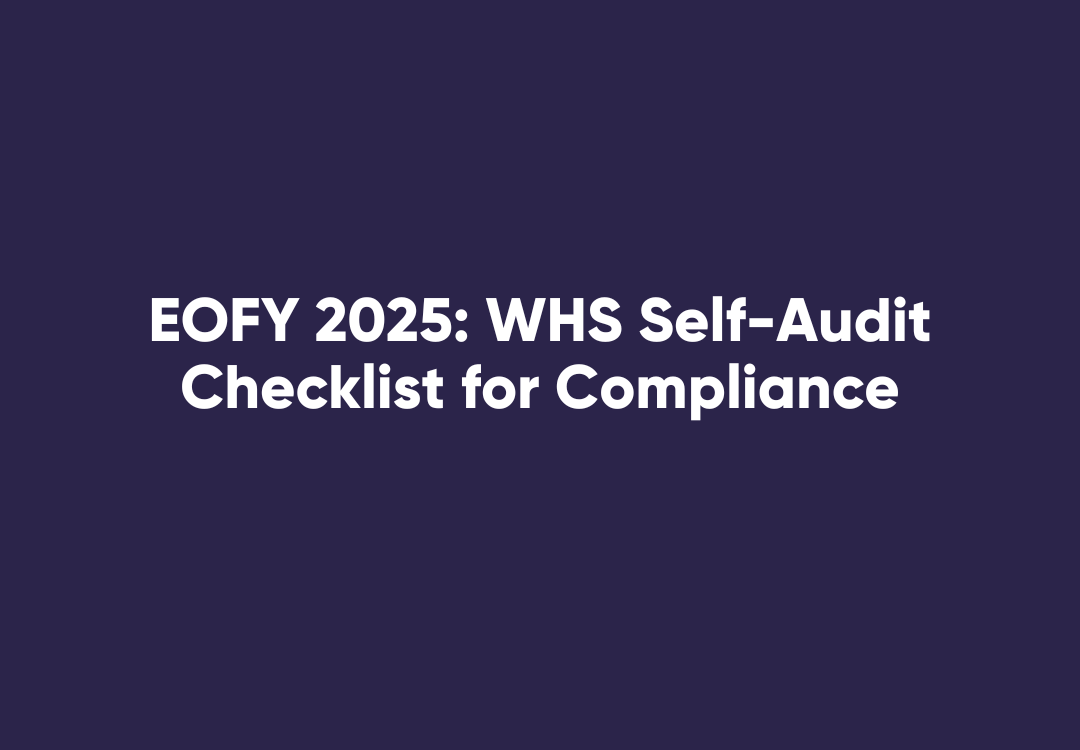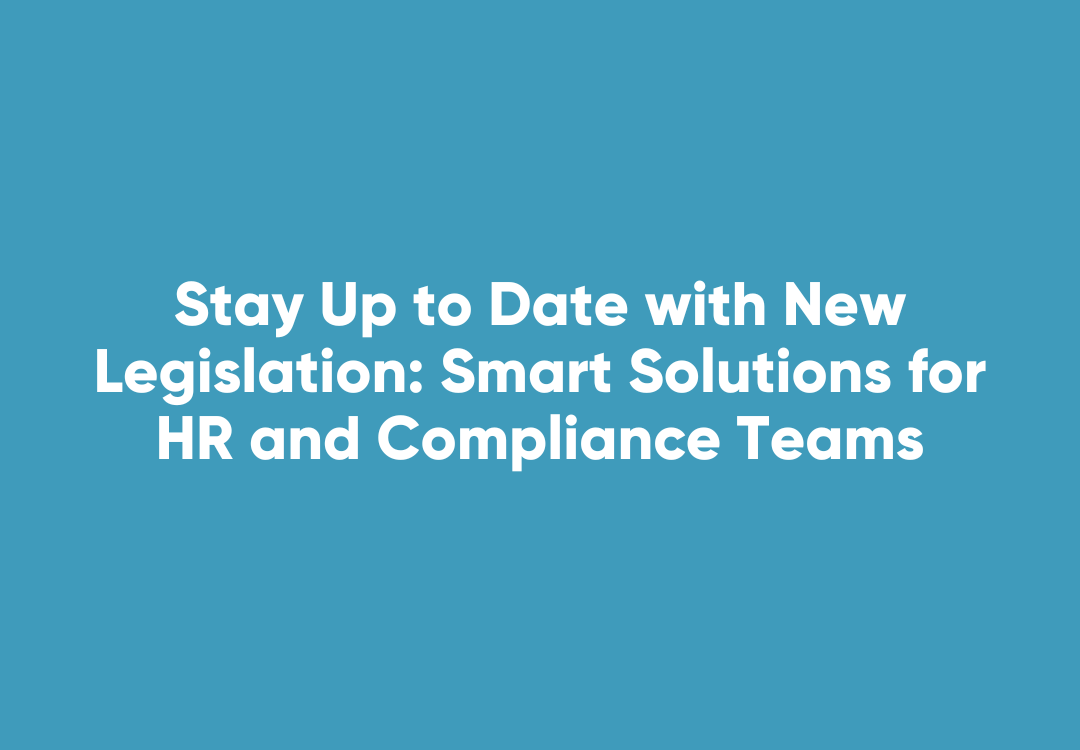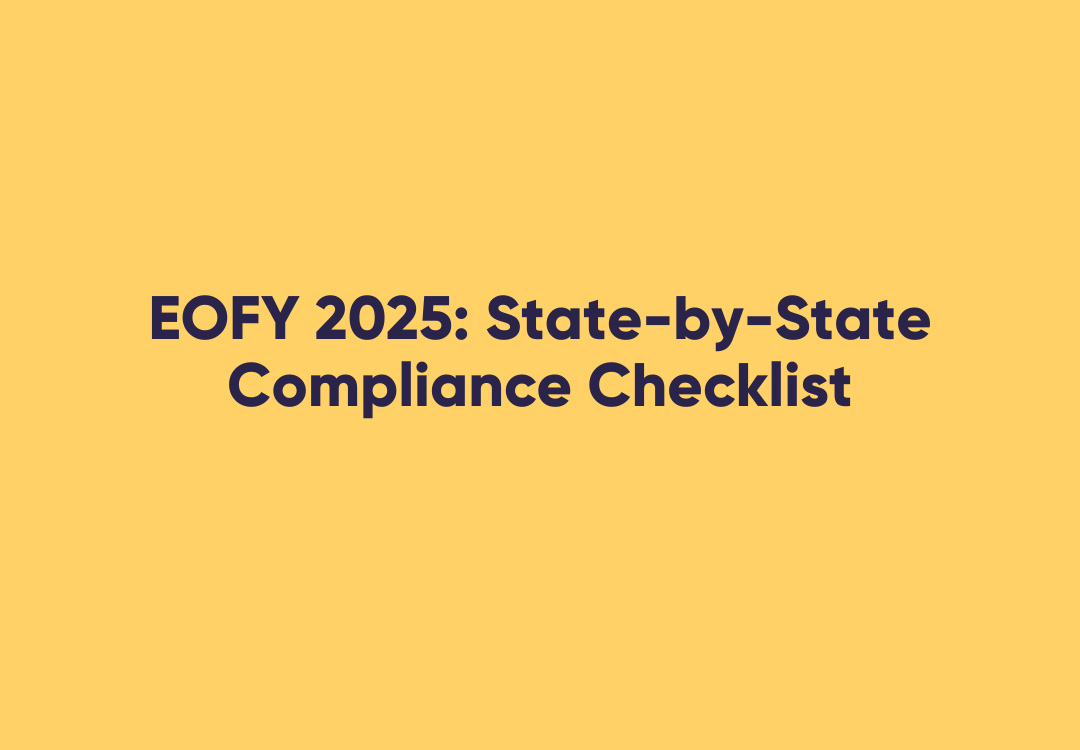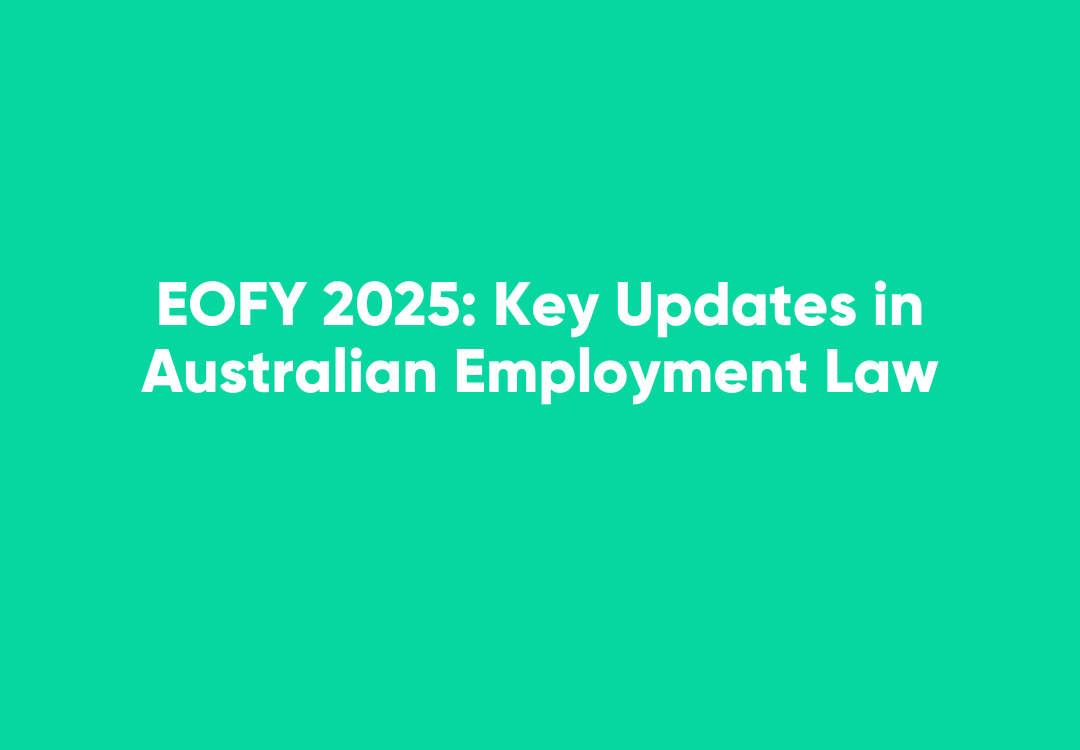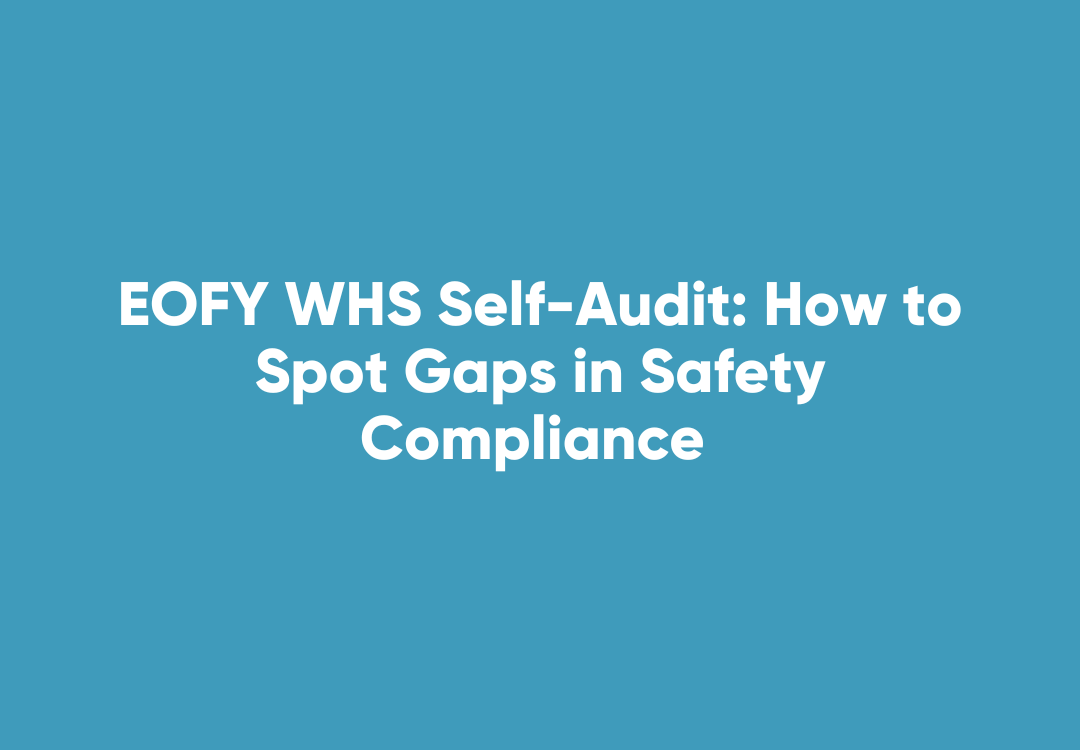Why Now is the Best Time to Test Your Induction Process
As we head into the hectic holiday season, it’s important to ensure that you’re continuing to induct your workers both safely and efficiently.
Avoid the temptation to rush through your normal processes, particularly if you are increasing your headcount for the festive period. Instead, use this time to perfect your onboarding and safety training.
View it as an opportunity to test your induction processes on a larger number of employees than usual, so you can clearly identify what’s working … and what isn’t.
When it comes to assessing the safety induction component of your process, there are a few key things to watch out for. It’s vital to have a set of guidelines or a checklist when it comes to assessing your safety induction in order to ensure it aligns with industry standards.
Remember, Australian employers have a duty of care to protect workers from workplace incidents and injury, and a legal obligation to meet national compliance standards for safety in their specific industry. The SafetyCulture website has collated their 10 steps to producing an effective induction:
- Create an induction based on how people learn
- Cover all safety hazards
- Cover all key safety personal
- Avoid lecturing
- Get active during the induction
- Use examples during the induction
- Engage the inductees using questions
- Have a set agenda
- Build a template
- Make sure everyone understands
There are also some mistakes that employers commonly make when developing and assessing their safety induction.
One of the biggest errors is not periodically renewing learning.
With so much to take in at induction, employees are likely to experience information overload during the initial process, or simply forget it over time.
This is why it’s important to make sure that you regularly refresh important training, so that your workplace is an environment where people can work and feel safe, at all times.
It’s also important to present information in an interactive and engaging way, rather than forcing all employees to learn via one method, for example reading large slabs of text. In fact, there are four primary types of learners: visual, auditory, reading/writing and kinesthetic (this simply means learning through feeling and doing – particularly important in blue collar and manual handling industries).
WorkplaceOHS suggests that in order to create an efficient safety induction, it’s important to make sure it’s not just a “tick the box exercise.”
Filling an induction with technical and lengthy jargon can overwhelm and prevent people from fully engaging with the learning module.
Putting the information in terms everyone can understand means that workers are more likely to connect with the content, rather than simply skimming over key points.
Thankfully, these mistakes can be easily avoided.
WorkPro can help you to streamline safety education with access to a broad module library of industry and job specific content, which means learning is relevant and can be applied on the job.
These modules have been written by safety experts, and are full of relevant rather than generic content.
This helps to mitigate risk and get workers in the safety zone.
There are multiple delivery options when it comes to candidate access, as the modules are available on any device. Rather than being long and complicated, WorkPro’s general and industry-specific modules are short and sharp, allowing candidates to receive the information they need without losing interest.
If you’d like to browse WorkPro’s module library then click here to find out if it’s right for you.
Furthermore, WorkPro’s powerful all-in-one platform tracks and manages your staff inductions with ease.
Robust reporting features also help to track and monitor module expiries and refresher requirements.
Choosing WorkPro as your business partner removes the manpower and hours spent ensuring content is up to date, particularly as legislation surrounding Work Health and Safety (WHS) updates and changes.
Click here to start a free trial with WorkPro, and explore the services it has to offer.


